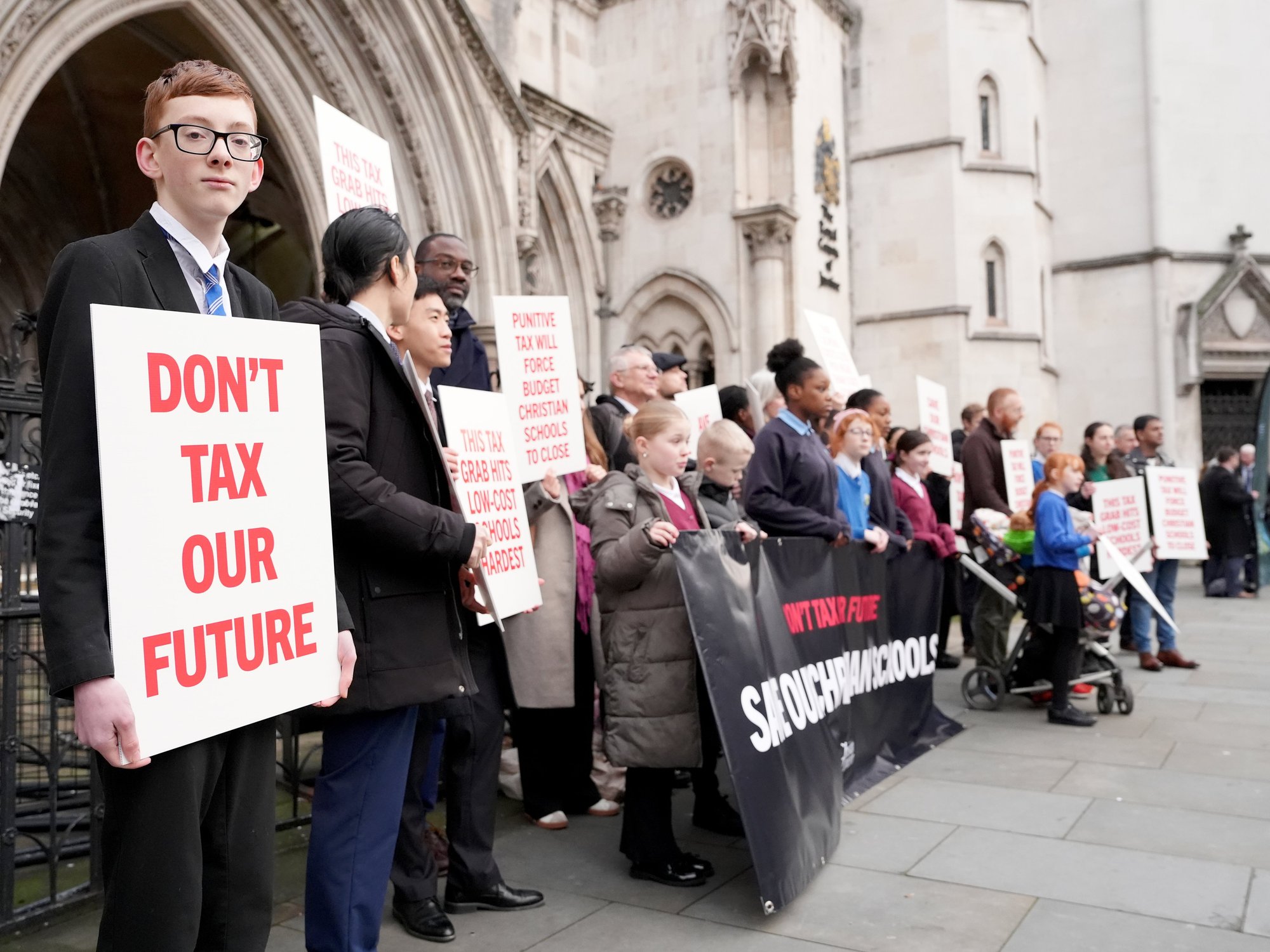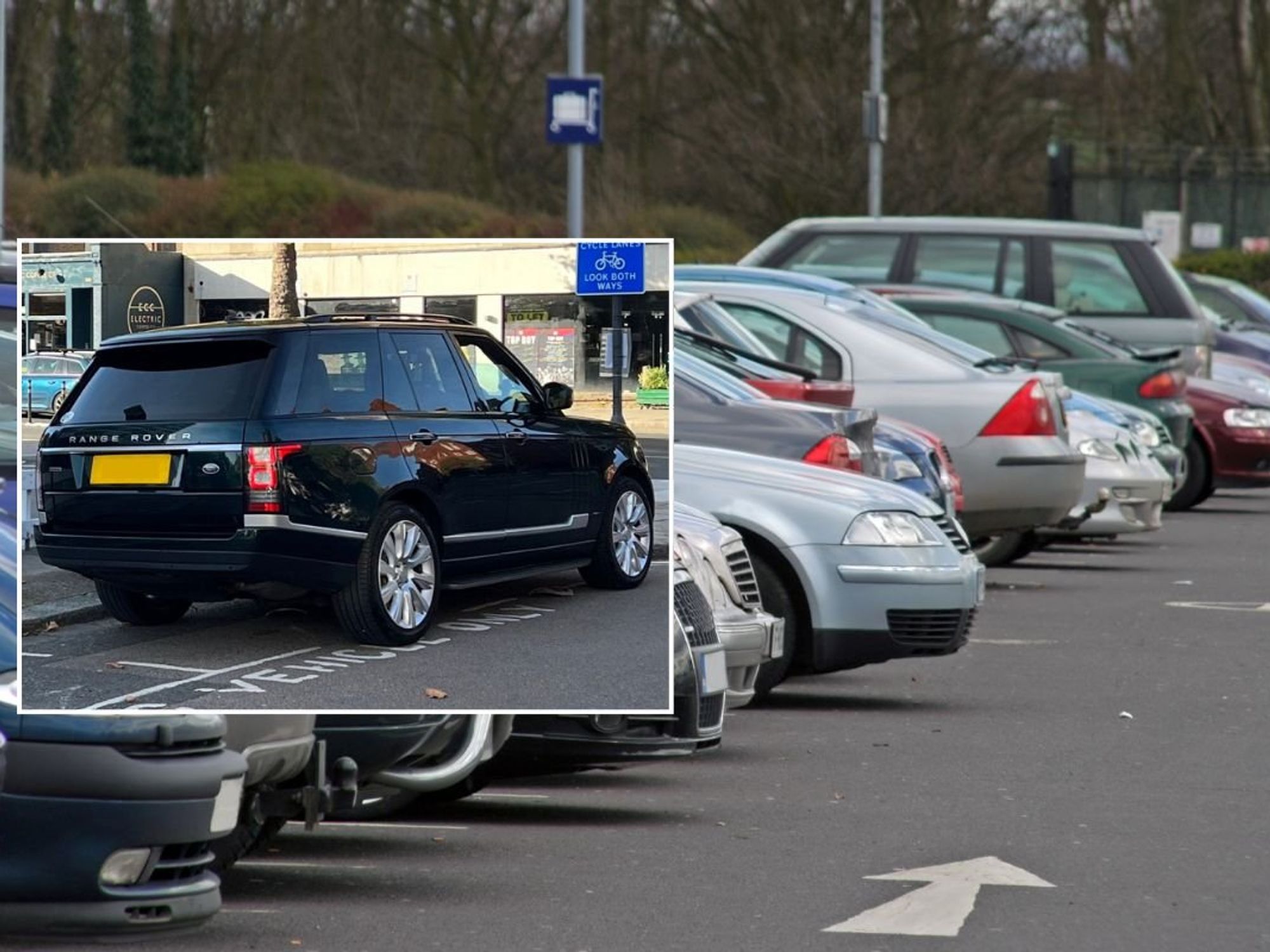Ovarian cancer survival hinges on 'deadly postcode lottery', new report finds
One-in-three women did not receive platinum-based chemotherapy, the standard first-line treatment
Don't Miss
Most Read
Latest
Women with ovarian cancer are being failed by a deadly postcode lottery in diagnosis and treatment that can mean the difference between life and death, a damning new report has revealed.
The study, published today, comes as a separate analysis shows the crisis goes far beyond ovarian cancer with one-in-three patients across all cancers waiting longer than the two-month target to start life-saving treatment.
The ovarian cancer study exposes shocking gaps in survival rates, waiting times and access to treatment - with experts warning the crisis is spiralling out of control.
The analysis, published by policy research centre Future Health reveals women in many parts of the country are being diagnosed far too late and once diagnosed, patients face further inequality depending on where they live.
It revealed:
- One-in-four women with advanced ovarian cancer had no treatment recorded.
- 71 per cent of ovarian cancers were caught at late stage three or four.
- 41.4 per cent of women were only diagnosed after an emergency admission.
- 22 per cent gap in one-year survival rates depending on postcode - South Yorkshire worst at 58 per cent, North East London best at 80 per cent.
- 34 per cent difference in treatment rates within three months of diagnosis.
- One-in-three women did not receive platinum-based chemotherapy, the standard first-line treatment.
Ovarian cancer patients are not the only ones facing deadly delays. An analysis by charity Catch up with Cancer shows a third of cancer patients - 103,281 people - waited longer than the two-month treatment target in the past year.
This is far short of the 85 per cent NHS guidance. And a report in the journal Lancet Oncology warns survival gains have slowed dramatically since 2010 because of longer waits.
Professor Pat Price, leading oncologist and co-founder of the Catch Up With Cancer campaign, described the report as “shocking” and said the figures expose a system on the brink.
“A deadly postcode lottery is impacting survival across all cancers, driven by unacceptable variation in waiting times and barriers to accessing cancer treatments," she said.
"It is simply wrong that someone’s chance of surviving cancer can vary so drastically depending on where they live."
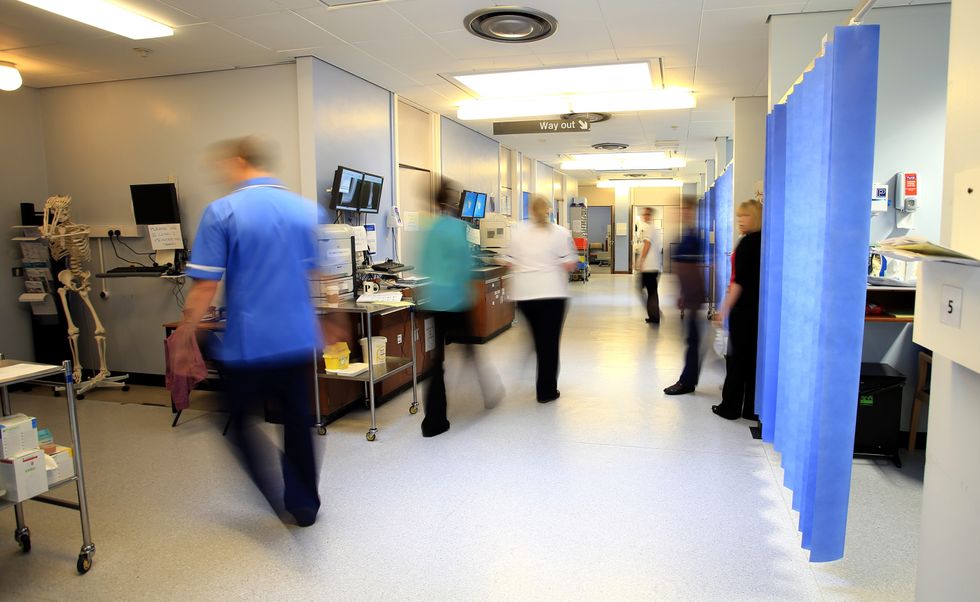
The ovarian cancer study exposes shocking gaps in survival rates, waiting times and access to treatment - with experts warning the crisis is spiralling out of control
| PAShe warned delays have become the new normal: “Cancer treatment delays have become normalised, and patients are paying the price.
"Every four weeks of delay can lead to a 10 per cent increased risk of death, and not enough is being done about it.”
Future Health report author Richard Sloggett, Programme Director at Future Health, called for action. This, he said, must include “investment upstream in prevention, public and clinical awareness and earlier diagnosis as well as downstream in increasing access to treatment".
Dr Tracie Miles, lead nurse at the Eve Appeal, an ovarian cancer charity, added: “We regularly receive calls from women and their families distressed at the length of waits for appointments, tests and treatments. This needs to change. Cancer patients picked up and treated earlier have a better chance of survival.”
Ovarian cancer claims the lives of approximately 4,100 women in the UK each year. Its vague early symptoms - bloating, abdominal pain, changes in appetite - are often mistaken for benign conditions, allowing the disease to spread unchecked.
Sbba Siddique, 56, from Slough, Berkshire, was diagnosed with ovarian cancer in 2022, aged 53.
During that year, she had contacted her GP surgery numerous times about feeling increasingly tired, unwell and having a bloated stomach.
GPs reassured her the symptoms were not uncommon for a woman of her age and could be linked to the menopause.
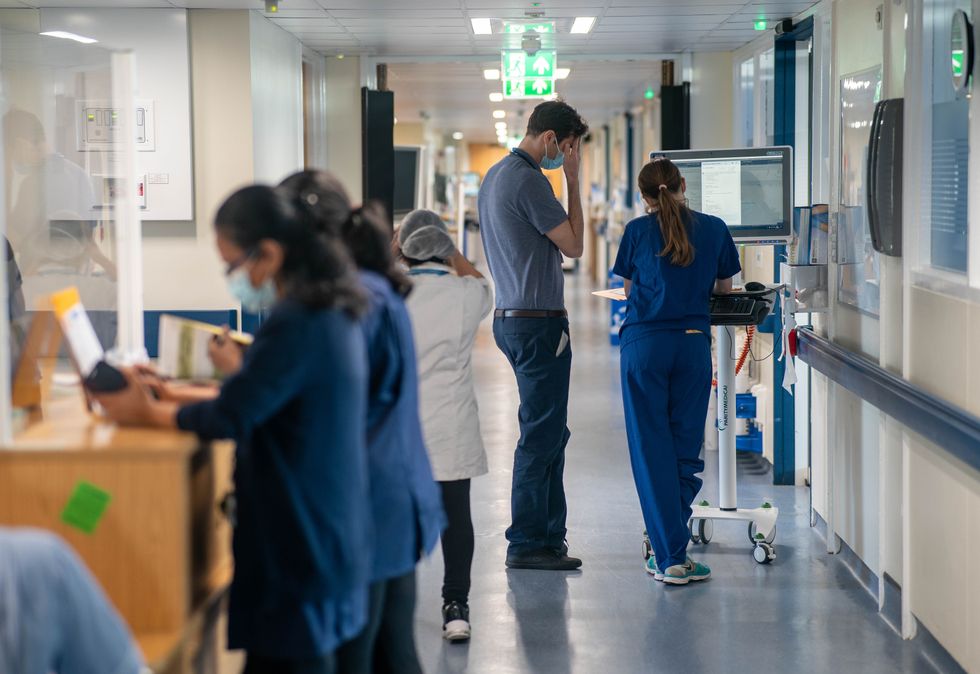
Ovarian cancer patients are not the only ones facing deadly delays
| PAAll her GP consultations, she said, were all over the phone so she was not examined. It wasn’t until December 2023 when her skin specialist, seeing her for a different problem, suggested she insist on a GP examination.
Tests confirmed she had ovarian cancer - which a surgeon later discovered had spread to her bowel.
Following two surgeries and numerous rounds of chemotherapy and immunotherapy treatments she is now in remission.
Ms Siddique said: “The treatment was so gruelling. I got to a point where I'd had enough and I just didn’t care about the outcome. It has left me with nerve damage in my legs and feet, but I am lucky to be in remission now.
"Families are losing loved ones due to lack of timely care. The sooner the treatment the better the survival. Something needs to be done.”
Sophie Dart, 36, mother-of-three and primary school teacher from Holsworthy, Devon, made repeated visits to her GPs in 2015, complaining of bloating, lost appetite and stomach pains.
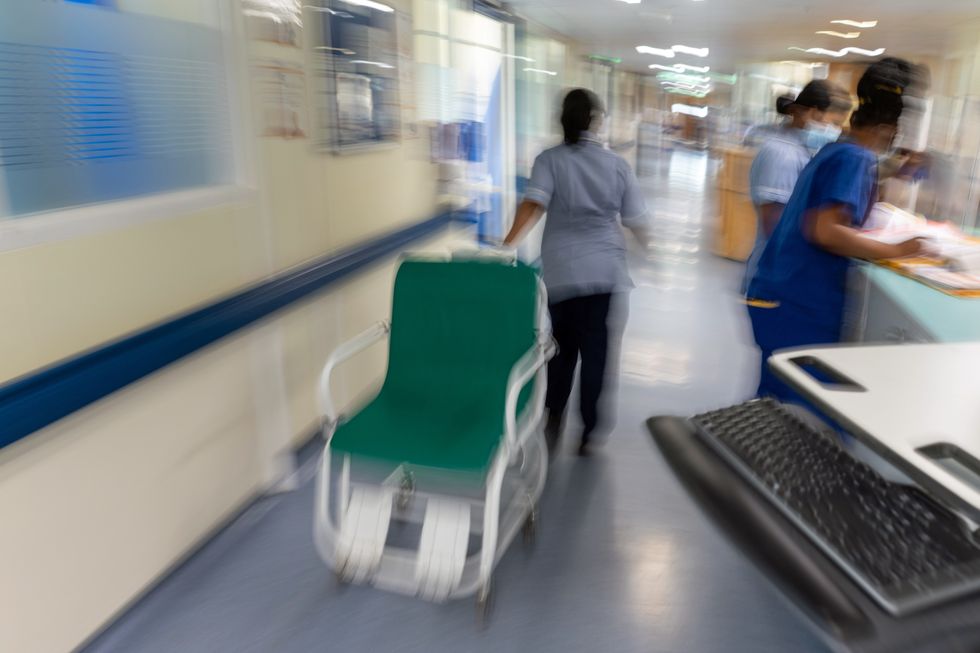 A general view of staff on a NHS hospital ward | PA
A general view of staff on a NHS hospital ward | PADoctors put it down to work stress but at the end of that year she was finally referred for a scan, where doctors picked up a cyst on her right ovary, which they assumed was not cancerous.
Sophie, then 25, was put on a waiting list for routine surgery to remove the cyst.
In January 2016, her partner called an ambulance as she had developed excruciating pain in her abdomen.
Blood tests at hospital revealed the cyst was cancerous and Ms Dart underwent surgery to remove the ovary and 3 rounds of chemotherapy over 10 weeks.
She is now in remission. “Had the GP carried out the tests it would have flagged it up earlier,” she said.
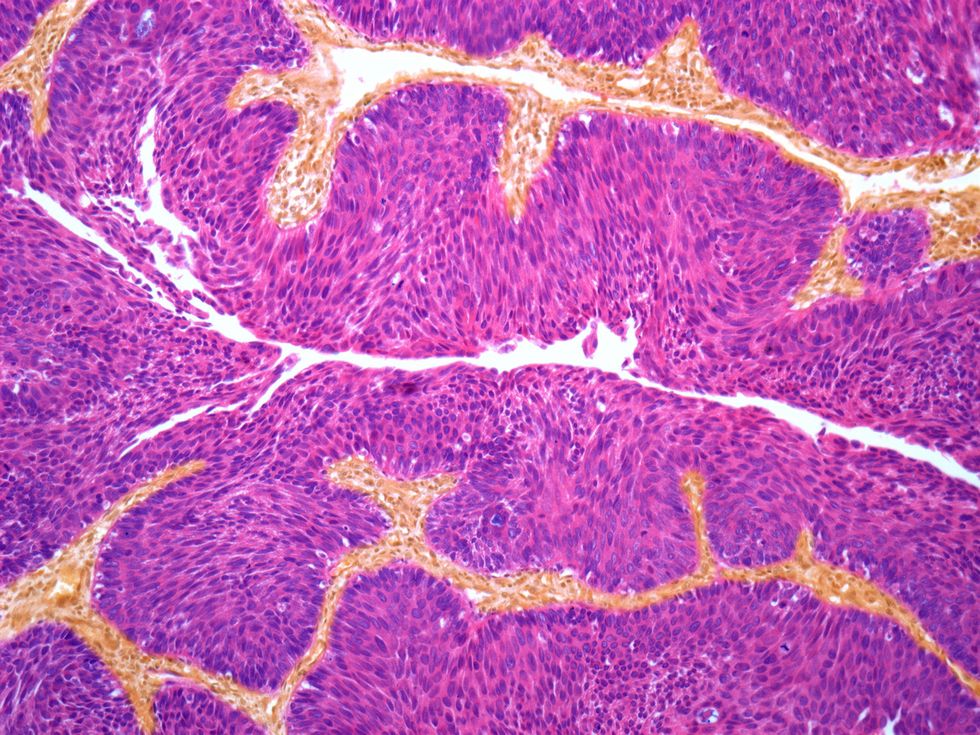 A lack of cancer funding can lead to low awareness of symptoms | GETTY
A lack of cancer funding can lead to low awareness of symptoms | GETTYAn NHS spokesman said: “The NHS is diagnosing more cancers at an earlier stage than ever before, but we know there is more to do, particularly with some cancers, to ensure we detect it as early as possible when treatment is more likely to be successful.
“We commissioned the national ovarian cancer audit, which this report is based on, to help address unwarranted delays or variations in care for women with ovarian cancer and to drive improvements. Our network of Cancer Alliances are working to ensure all patients get the timely, personalised cancer care they need."
A Department of Health and Social Care spokesman added: “We are prioritising cancer care as we turn around more than a decade of neglect of our NHS.
“We're already seeing progress, with 95,000 more people having cancer diagnosed or ruled out within 28 days between July 2024 and May 2025, compared to the same period the previous year.
"The National Cancer Plan will set out how we will improve survival rates and address unwarranted variation in cancer treatment across the country, including for ovarian cancer."






